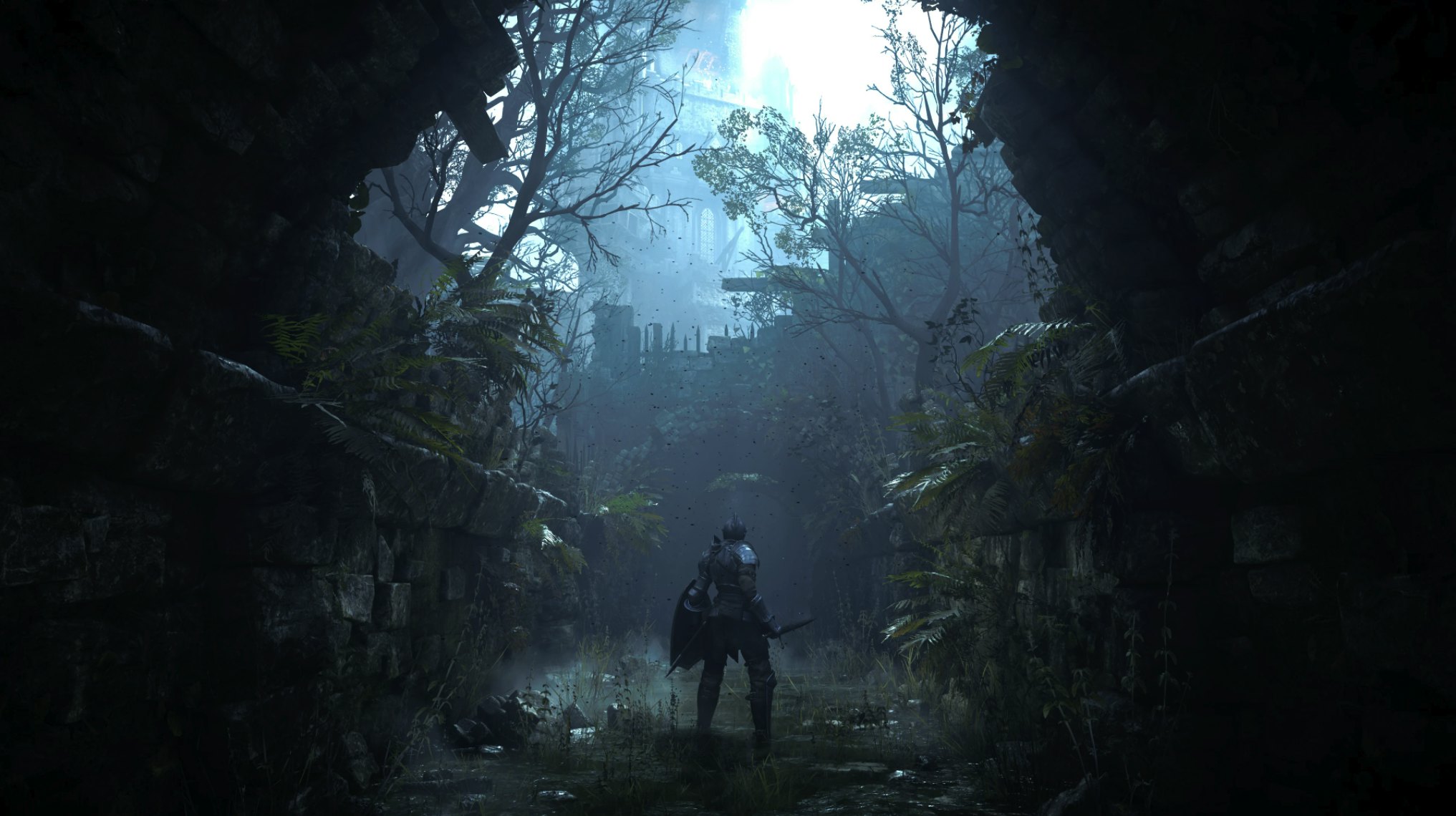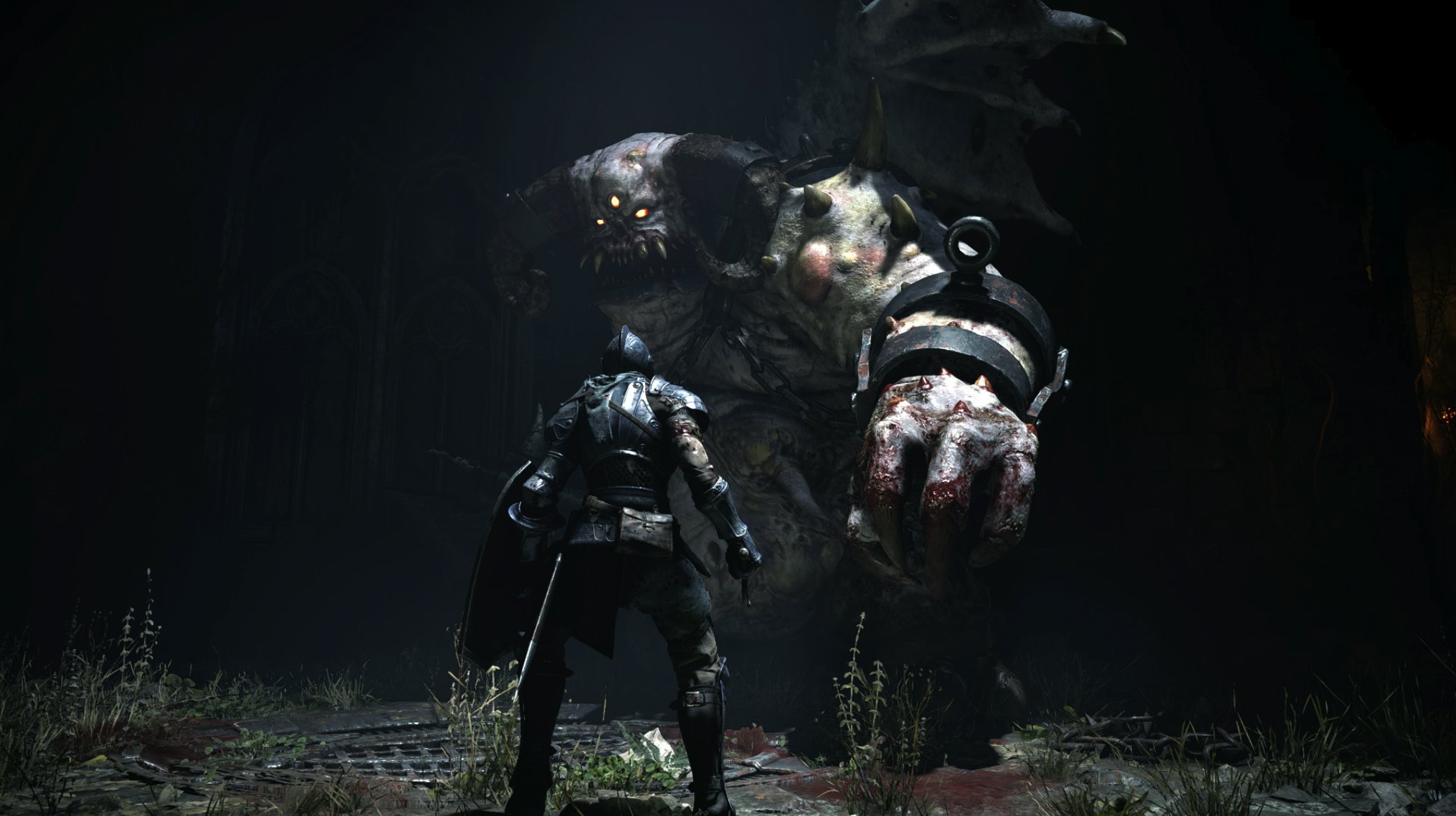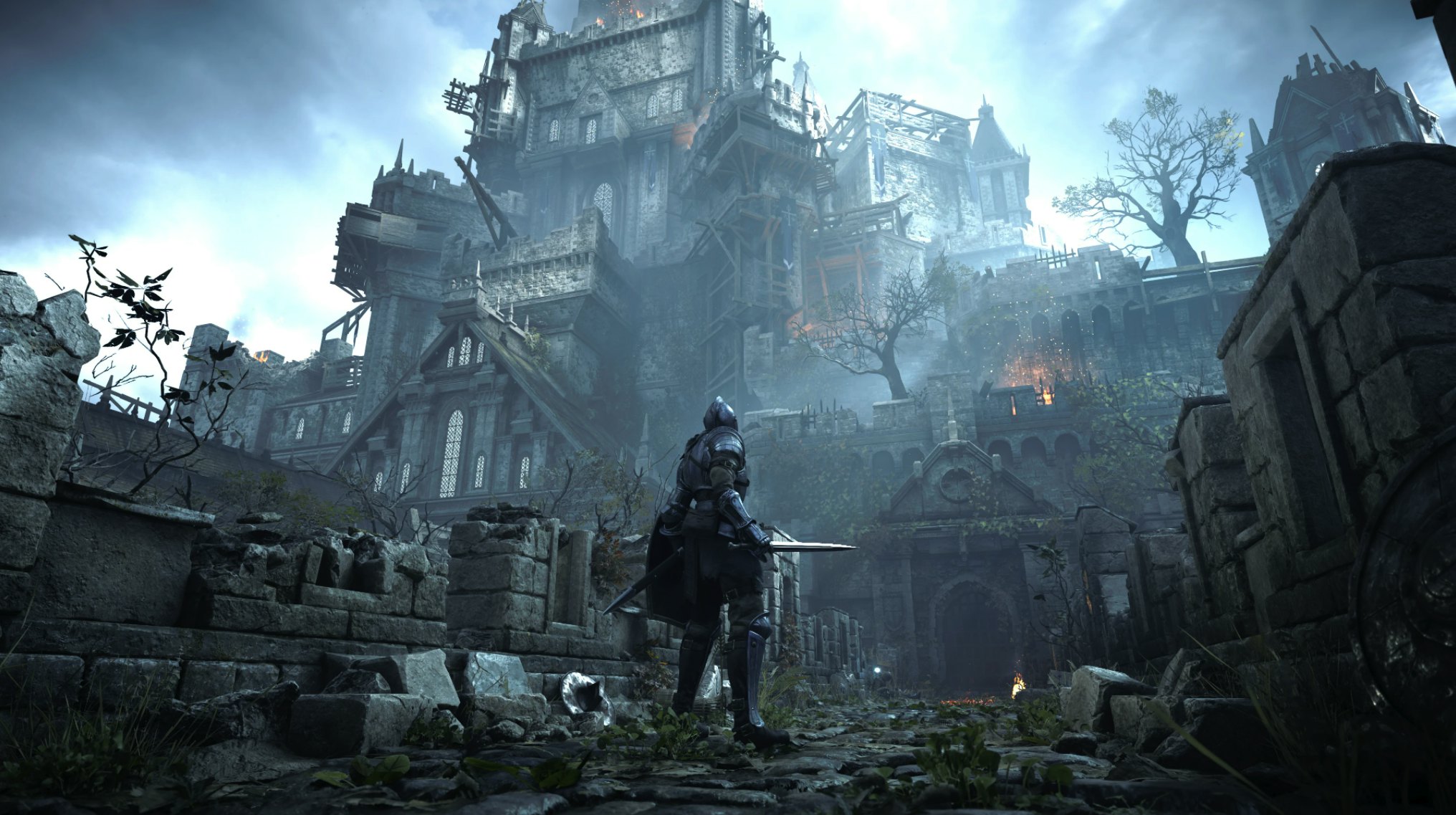
Nowadays, we’re so used to FromSoftware’s particular brand of ultra-difficult action game that they have their own subgenre — Soulslikes — and the Dark Souls series that popularized that type of gameplay is a constant reference point when talking about other games. But that wasn’t always the case. While Dark Souls introduced plenty of fans to the joy of getting your head crushed in over and over on the path to success, it of course isn’t the game in which FromSoft established its identity, and its predecessor came at a time when players by and large weren’t ready for the challenge they were getting themselves into.
Demon’s Souls was first released in Japan in February 2009, before making its way to North America on October 6 of that year. Its Japanese release got a somewhat mixed reception, but Demon’s Souls found a warmer welcome elsewhere, going on to become one of the most celebrated games of 2009. And beyond that, it tore down development trends that had taken over the industry, pioneered a new kind of online play, and started a legacy that somehow feels just as fresh today as it did 15 years ago.

When development on Demon’s Souls began, FromSoft was already a successful studio, thanks to its Armored Core and King’s Field series, but Demon’s Souls and its follow-ups would catapult the developer to an entirely new level. The action RPG was first proposed by the gone but never forgotten Japan Studio, which aided in development. Before long, though, it ran into development trouble, which allowed now-famed director Hidetaka Miyazaki to step in. Miyazaki, who had joined FromSoft just a few years earlier, has said he was able to take on the role only because the game was already in a rough state.
“If my ideas failed, nobody would care,” he told The Guardian in 2015. “It was already a failure.”
Fortunately, Miyazaki didn’t have to see if he was right about that. Not only was Demon’s Souls a success that would go on to inspire countless games in its wake, but some of Miyazaki’s own ideas are directly responsible for that. Demon’s Souls, and the rest of FromSoft’s Souls canon, get a lot of credit for their unforgiving action, which forces players to push through repeated failures to proceed. It’s an explicit throwback to an earlier age of difficult games that force players to puzzle things out on their own, but it’s not all there is to the Soulslike.

While players loved Demon’s Souls tough but fair combat, its real innovation lies in its multiplayer. Like the FromSoft games that would follow it, Demon’s Souls doesn’t feature any traditional multiplayer mode, instead letting players summon one another as Phantoms for brief encounters. Players can’t communicate and only stick around for a limited time, which Miyazaki has famously said was inspired by getting his car stuck on an icy hill and watching a line of drivers push one another out of the snow before departing, never to meet or exchange a single word. Demon’s Souls interpretation of that interaction would go on to inspire other games, like the 2012 indie classic Journey.
FromSoft didn’t just sit back and let other developers carry on Demon’s Souls’ legacy, either. The most impressive part of the game looking back on it now is how much the games that would follow Demon’s Souls leave unchanged about the first iteration. Dark Souls is a pretty straightforward sequel, all things considered, but it feels no less exciting for repeating most of its predecessor’s tricks. Bloodborne strays further from that original vision, and Sekiro even moreso, but the brutal heart of Demon’s Souls shines through. Elden Ring may be the biggest test of that formula yet, mostly trading Demon’s Souls tight corridors and focused levels for a sprawling open world packed with secrets. But even with all that’s changed, FromSoft’s later releases are still unabashed riffs on Demon’s Souls, trading out a handful of old mechanics for new experiments rather than throwing out the game that started it all.
Demon’s Souls is more than a game. It’s a revolution that changed how players and developers look at difficulty, level design, and multiplayer, showing that brutal challenges and cooperation with strangers can live side by side. More than a decade after its release, Demon’s Souls may be overshadowed by the titles that followed in its footsteps, but few games can say they’ve inspired a subgenre of their own and still feel fresh after all this time.







